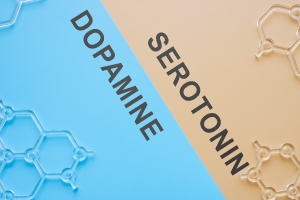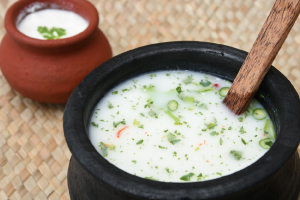

Diabetes, a widely prevalent health condition across the globe, causes blood sugar levels to be consistently high. It can lead to major health issues like heart diseases, kidney problems and organ failure if not managed effectively. Watching what you eat is the most important element of diabetes management. It is advised that diabetics avoid sweets, colas, and other foods that have a high added sugar content. For this reason, a lot of individuals are going for natural sweeteners, of which jaggery is the most popular. However, is this truly the best course of action for diabetics? Read on to learn all about jaggery vs sugar.
What is Jaggery?
In India, jaggery is a common sugar substitute. It is manufactured from date palm or sugarcane sap. It is popular in traditional recipes and as a health supplement since it is less processed than ordinary white sugar and preserves many of the minerals that are absent from refined sugar. There are many people who are living in this myth that if they replace sugar with jaggery their calories intake would be lesser compared to the calories consumed from sugar. Let’s understand what is the truth behind this.
Jaggery vs Sugar: Nutrition Facts
When it comes to jaggery vs sugar nutrition, here’s a quick overview:
| Nutrition (in a 100g serving) | Sugar | Jaggery |
| Calories | 387 Kcal | 387 Kcal |
| Fat | 0.2 g | 0.2 g |
| Carbohydrate | 100 g | 98 g |
| Protein | 0 g | 0.5 g |
| Iron | 0.1 g | 0.1 g |
| Potassium | 2 g | 1.1 g |
| Magnesium | 0 g | 1 g |
| Manganese | 0 g | 0.2-0.5 g |
Jaggery vs Sugar: Key Differences
Besides their nutritional profile, some other differences between jaggery and sugar include:
Jaggery vs Sugar Colour:
Depending on how long it is cooked, jaggery can have a dark, golden brown colour or be white and translucent. Conversely, sugar is dark brown when unrefined and turns white when highly refined.
Jaggery vs Sugar Texture:
Jaggery is softer and more semi-solid in texture than sugar, which is firm and hard.
Jaggery vs Sugar Glycemic Index:
The glycemic index (GI) of jaggery is 84.1 while that of sugar is 65.
Jaggery vs Sugar Benefits:
Due to its industrial production processes, sugar loses all of its nutritional content, whereas jaggery retains a healthy level of fibre, iron, and other essential nutrients, providing a number of health advantages.
Is Jaggery Good for Diabetes?
To keep up a healthy lifestyle, many people have started using healthier sweeteners, such as jaggery, in place of sugar. Does that mean eating jaggery can help diabetics avoid insulin spikes and reduce their calorie intake? Well, the answer is no. The nutritional profiles of the two show that jaggery vs sugar calories are similar. Although jaggery has more nutrients than sugar in terms of magnesium, manganese, fibre, and protein, it is still important to eat it in moderation because it has similar amounts of calories and carbohydrates.
Diabetics must concentrate on reducing their intake of carbohydrates and increasing their intake of protein and fibre in order to effectively control their blood sugar levels. Because jaggery contains a lot of carbohydrates, it does not stop blood sugar levels from rising. Based on a review of their nutritional profiles, jaggery has about the same amount of carbohydrates as sugar. Therefore, it’s not a good option for diabetics trying to watch their carbohydrate intake. All in all, jaggery is not a good substitute for sugar for diabetics because it can still cause sugar spikes when consumed in amounts comparable to or greater than sugar.
Conclusion
Wrapping it up, jaggery is not a better choice for diabetics, even though it is less processed and contains more nutrients than sugar. Notably, sugar and jaggery both contain comparable amounts of calories and carbohydrates, which can cause blood sugar levels to surge. Rather than using jaggery as a sugar substitute, diabetics should concentrate on controlling their carbohydrate intake and looking for healthier, low-glycemic options. Effective diabetes management involves taking a healthy, well-balanced diet that is low in sugar and carbs.




